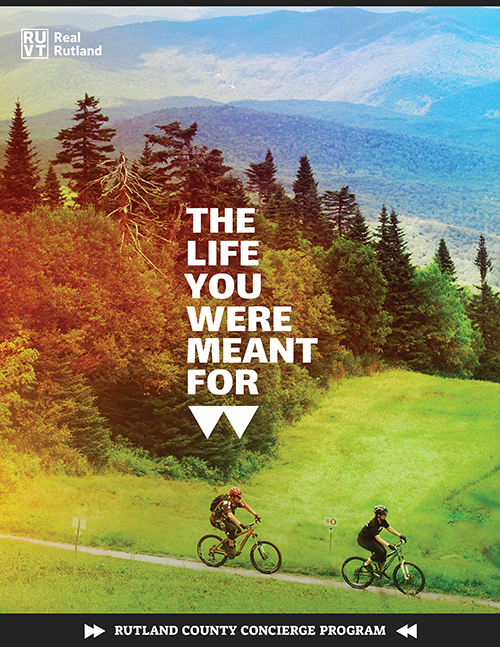How Rutland, Vermont is Addressing the Nationwide Opioid Crisis
The opioid crisis is an extremely serious problem facing towns and cities across America — and Rutland is not immune to it. But the people of Rutland are not sweeping the problem under the rug. In fact, the community has taken steps to do everything but ignore the issue. Patiently and persistently, Rutland is taking steps to address the problem head-on.
Addressing the Opioid Crisis in Our Communities
It’s Larger Than a Rutland Issue
While the opioid crisis is undoubtedly present in Rutland County, it’s not rooted there. Across the country it’s the leading cause of death for Americans under 50, making it the deadliest drug crisis in history. Vermont has also remained one of the hardest states hit. Despite the expansion of drug treatment programs and Narcan availability, the state of Vermont as a whole saw a record-breaking year for opioid overdoses in 2016. That’s why the 300+ change-makers behind Project VISION (Viable Initiatives and Solutions Involving Neighborhoods) are needed more than ever. The Rutland-based organization relies on collaboration to transform areas hardest hit by drugs and crime into safe, healthy spaces for the whole community. It’s been working so well, even the state has taken note — the Project VISION model may go statewide.
Finding a Solution Through Collaboration: Project VISION and Rutland Regional’s West Ridge Center
As the third largest city in a state hard-hit by the opioid crisis, Rutland is addressing the issue head-on through Project VISION in hopes of turning Rutland into one of the “healthiest, safest, and happiest places in America.” Acknowledging that drug-related community issues cannot be solved with a tally of arrests, the initiative has seen greater success through collaboration between community leaders, law enforcement, and local health and social services to approach the issue.
Change doesn’t happen overnight, but since forming in 2012 Project VISION has already brought significant changes to the community. Since 2014, burglaries decreased 60 percent, three vacant properties have been transformed into livable single-family homes, and nearly 900 people now have access to treatment and recovery programs as well as methadone and Suboxone to curb cravings. Through the creation of two prescription drug drop-boxes, nearly 550 pounds of unwanted medications were properly disposed of and collected in 2015. The organization regularly hosts events to keep the community connected and aware, including monthly community meetings.
Project VISION was also one of the driving forces behind the opening of Rutland Regional’s West Ridge Center for Addiction Recovery in 2013. The center serves both Bennington and Rutland County and provides addiction and recovery treatments such as individual and group therapy and relapse prevention services. From substance abuse counselors to case managers, the hospital’s Addiction and Recovery team provide all the key players necessary to support each patient seeking help.
There’s still a lot of work to be done, but Rutland County is paving the way to eliminate the opioid problem through treatment availability and community-backed initiatives. Learn more about how Rutland County is standing up against this opioid crisis — join the conversation on RealRutland.com and use #RealRutland on social media.


